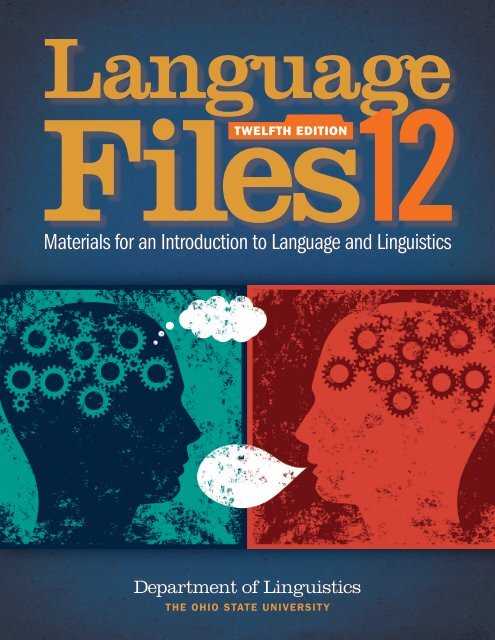
To locate this problem, circle the prepositions in your draft and see whether you can eliminate any prepositional phrases without losing your meaning. Overuse of prepositional phrases (which begin with words like “in,” “for,” “at,” “on,” “through,” and “over”) can make a sentence clunky and unclear. Identify and reduce prepositional phrases Revision: Because many of the words in this sentence are unnecessary, we should edit it. Tweaks like this may not seem like much, but they can add up.Ĭommon qualifiers include: actually, really, basically, probably, very, definitely, somewhat, kind of, extremely, practically.Įxample: Because a great many of the words in this sentence are basically unnecessary, it would really be a very good idea to edit somewhat for conciseness. By deleting unnecessary qualifiers, you can often eliminate one or two words per sentence.


Often we use qualifiers that really aren’t necessary to express our meaning (such as “really” in this sentence).
#The conscious reader 12th edition free free#
Revision: For every book you purchase, you will receive a free bookmark.
#The conscious reader 12th edition free full#
When the first word in a pair has roughly the same meaning as the second, choose one.Ĭommon examples of redundant pairs include: full and complete, each and every, hopes and dreams, whole entire, first and foremost, true and accurate, always and forever.Įxample: For each and every book you purchase, you will receive a free bookmark. What’s important is that you make a conscious choice. At times, you may choose to keep a sentence just as it is, even though there are more concise ways to express your idea: you might, for example, use repetition to emphasize a point or include a redundant pair of words (a subject we’re just about to discuss) to create a certain rhythm. Here are some strategies to help you identify wordiness and decide whether, and how, to revise it. Busy readers appreciate getting the information they need quickly and easily.

Outside of school, writing concisely can help you create more effective business letters, email messages, memos, and other documents. Getting to the point promptly can help you become a clearer thinker and a more engaging writer. Have they written things like “wordy,” “passive voice,” “filler” or “irrelevant”? By learning to write concisely, you will be able to fill your papers with more substantive information. If you are a student, pay close attention to your instructors’ comments on your essays. Identifying and addressing wordiness in sentences This handout helps you identify wordiness in your sentences, paragraphs, and essays and offers strategies for writing concisely. Writing Concisely What this handout is about


 0 kommentar(er)
0 kommentar(er)
